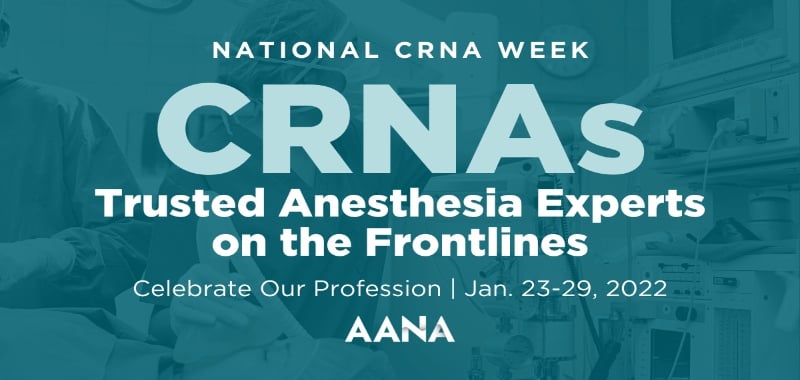
Effective Communication Strategies for Traveling Nurses:
Building Patient Connections on the Go
In the dynamic world of traveling nursing, effective communication remains pivotal for delivering quality healthcare. In this comprehensive guide, we amalgamate insights from renowned experts in the field, including Dr. Michael Barness, Dr. Velimir Petkov, Amelia Roberts, Ilene Schwartz, Maryann Mathai, and Dr. Monisha Vasa. Tailored specifically for the unique challenges faced by traveling nurses, these techniques not only establish rapport but also contribute to enhanced patient outcomes and satisfaction in diverse healthcare settings.
1. Foundational Communication Techniques:
- Establishing rapport through eye contact and personalized greetings.
- Providing clear and concise explanations during patient education.
- Demonstrating patience in addressing patient questions and concerns.
2. Utilize Common Sense:
Dr. Michael Barness emphasizes the importance of common sense in the fast-paced world of traveling nursing. Simple yet impactful gestures, such as maintaining eye level and showing respect, contribute to a patient-centered approach. Acknowledging the vulnerability of patients becomes paramount when constantly adapting to new environments.
3. Personalized Approach in Healthcare:
Dr. Velimir Petkov advocates for a personalized approach tailored for the transient nature of traveling nursing. Greeting patients by name, leveraging integrated technology for communication, and noting personal details create a tailored experience. Handwritten notes, birthday cards, and mobile patient appreciation events foster connections in ever-changing settings.
4. Ask Clarifying Questions:
Amelia Roberts highlights the significance of clarification, especially in phone interactions typical for traveling nurses. Stressing the need for thorough understanding, nursing professionals like Roberts and Ilene Schwartz emphasize asking clarifying questions to ensure accurate information, critical for managing diverse patient needs.
5. Active Listening Skills:
Ilene Schwartz underscores the importance of active listening as a therapeutic communication skill, particularly when faced with new patient populations. Actively listening, using silence to allow patients to express themselves, and displaying nonverbal signs of attentiveness become crucial for adapting to varied healthcare settings.
6. Communication Channels Variety:
Dr. Velimir Petkov emphasizes the importance of offering multiple communication channels for on-the-go healthcare. Utilizing LiveChat, two-way texting, and an integrated online portal ensures accessibility in various locations. Timely responses showcase a commitment to patient care beyond traditional office hours, accommodating the unpredictable schedule of traveling nurses.
7. Speak Slowly for Patient Understanding:
In nursing communication, Lisa Belanger, RN, recommends speaking slowly and using accessible language when communicating with patients. This ensures comprehension and active participation in care, crucial for adapting to diverse linguistic and cultural backgrounds encountered in traveling nursing.
8. Ask Open-Ended Questions:
Encouraging open-ended questions becomes essential for traveling nurses. This technique, recommended by experts, allows for a deeper understanding of patients' experiences, emotions, and concerns, facilitating effective communication amidst varying cultural contexts.
9. Restate Information for Clarity:
Restating what patients communicate helps in clarifying and confirming their feelings and concerns, particularly vital for traveling nurses facing diverse patient populations. This technique enhances mutual understanding, reducing the potential for misunderstandings in dynamic healthcare environments.
10. Body Language Awareness:
Paying attention to patients' body language is a crucial nursing communication skill for traveling nurses. Understanding nonverbal cues provides valuable insights into patients' emotional and physical states, contributing to comprehensive care while adapting to different healthcare settings.
Conclusion:
Mastering the art of communication as a traveling nurse requires a dynamic and holistic approach. By incorporating these specialized communication techniques, traveling healthcare professionals can build stronger connections with patients, foster trust, and enhance the overall quality of patient care in the ever-changing landscape of healthcare on the move.
Latest Blogs
Changing Specialties as an NP: When to Make the Move and How to Do It
However, switching specialties as a nurse practitioner is not a decision to take lightly. Whether you're seeking more professional fulfillment, better work-life balance, or a chance to advance
How Much Do Physician Assistants Make?
For 2024, the average physician assistant salary across the United States is continuing its upward trend. According to recent data, the average physician assistant salary is around $120,000. This
Nurse Practitioner Salary Report 2024
Nurse practitioners are advanced practice registered nurses (APRNs) who hold a master's or doctoral degree in nursing. They are equipped with advanced clinical training and are authorized to
The Unsung Heroes of Healthcare: The Power of Advanced Practice Providers
In healthcare, the spotlight often shines on doctors and nurses. Yet, a group of dedicated professionals work tirelessly behind the scenes, making an enormous impact on patient care and health
Celebrate National PA Week 2024
Every October, National PA Week shines a light on the unsung heroes of the healthcare system—Physician Assistants (PAs). These dedicated professionals play a vital role in delivering quality
3 Ways CRNAs Can Fight the Opioid Crisis
CRNAs are an important member of the care team who can make a difference in addressing the ongoing crisis of opioid dependence.
5 New Changes for CRNAs in 2022
AMN Healthcare the is nation’s leading permanent placement agency for physicians and advanced practitioners.
CRNAs and the Anesthesia Care Team Model
The AANA describes several additional anesthesia delivery models. In the all-MD model, only medical doctors administer anesthesia.













